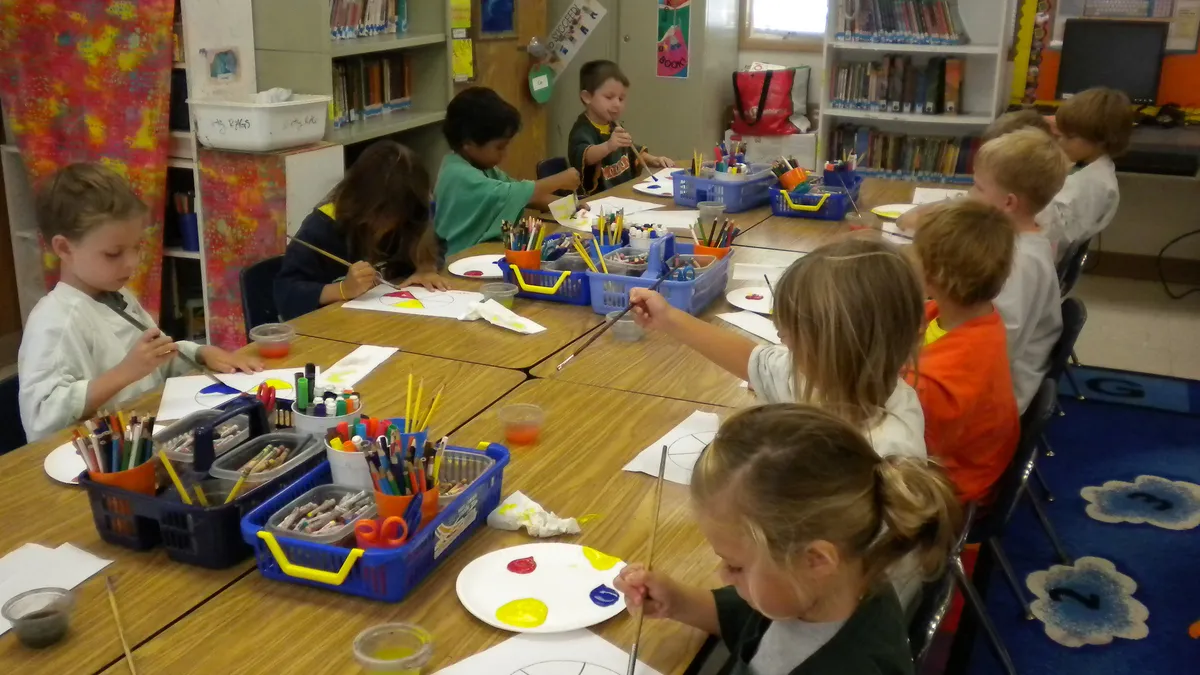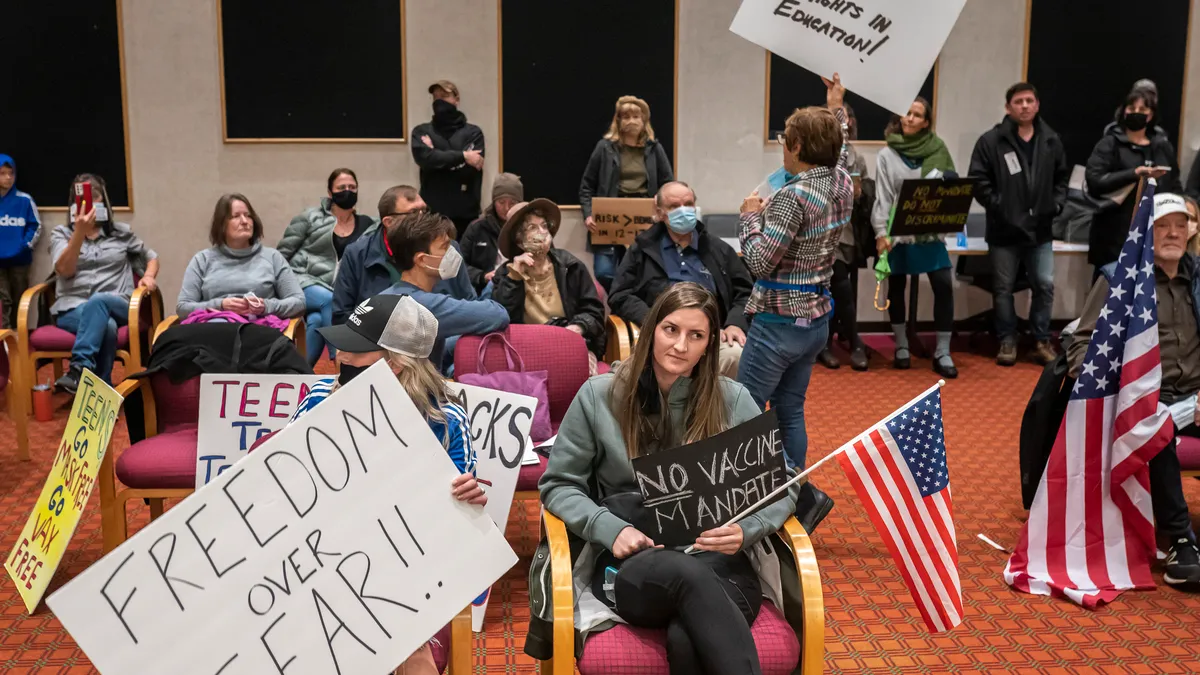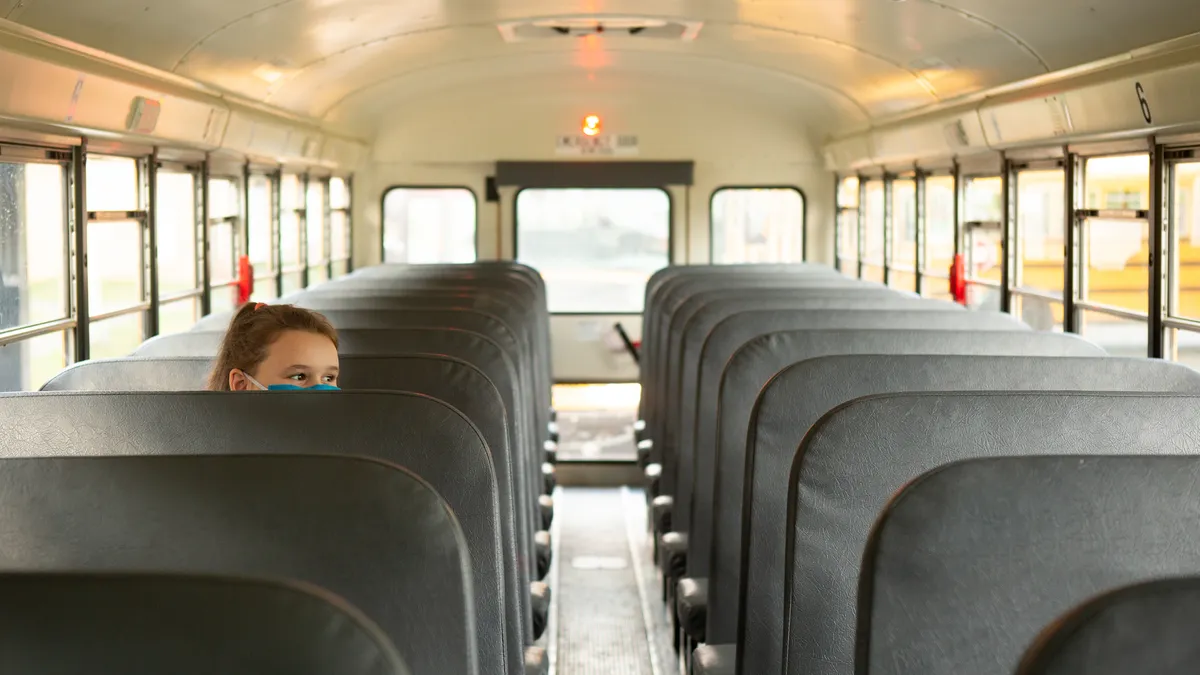Dive Brief:
- Some Florida parents are reporting they cannot find schools to service their children's needs despite the increase in choices thanks to a voucher program, according to NPR.
- Though the Individuals with Disabilities Education Act mandates that students with disabilities deserve a “free appropriate public education” (or FAPE), that protection only extends to public and charter schools. Students in private school may not be required to have an individualized education plan, or IEP.
- Though there are private schools that do focus on students with significant special needs, the tuition at these schools can be extremely high, up to $20,000 or more. McKay voucher recipients, on average, receive $8,000, meaning parents must bear the burden of additional tuition or supplemental cost.
Dive Insight:
Research on the efficacy of voucher programs vary widely, though a recent study of the only federally funded program in Washington, DC, indicated mixed results, including a drop in performance on math exams for students who used vouchers. Still, President Donald Trump and Education Secretary Betsy DeVos have publicly expounded support for voucher programs, with an additional $400 million requested to expand voucher programs and supplement charter school funding expected to be requested in the administration's FY2018 budget, which the Washington Post obtained Wednesday. Proposed legislation in Congress would allow the government to offer tax credits to taxpayers who provide funding to private schools on the government’s behalf, which critics, including the Superintendents Association, say would decimate federal public education funding.
For advocates who would hope to increase protections for special education students, there are options for pressure on the federal level, though the government has far less regulatory oversight over private schools in comparison to public and charter schools. States could require that private schools must follow the mandates of FAPE to receive funding, and could also tie voucher funding to schools that are willing to work with parents to find affordable options in fulfilling IEPs. As it currently stands, some of the most well-funded and appropriate options for special needs students may remain financially out of reach.












